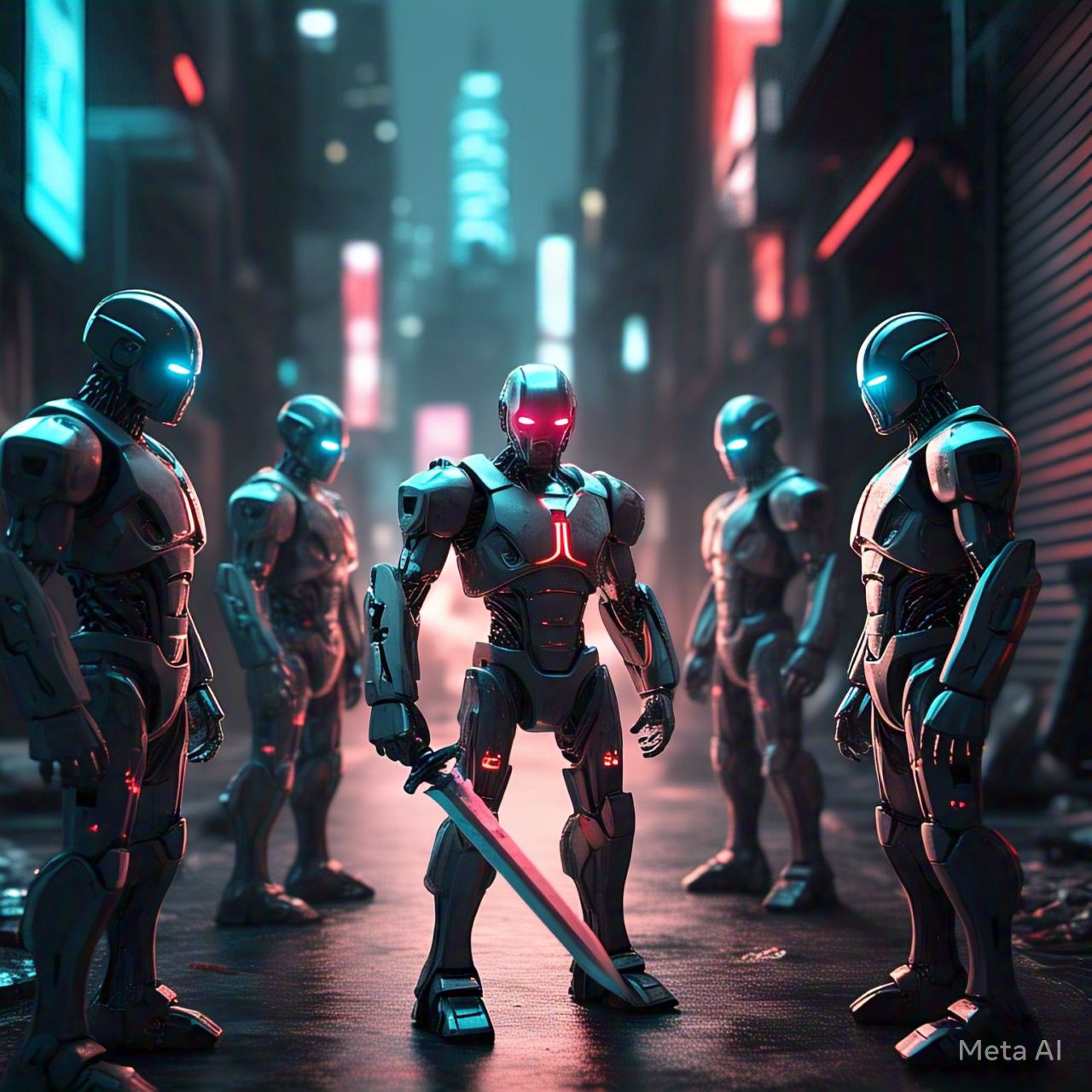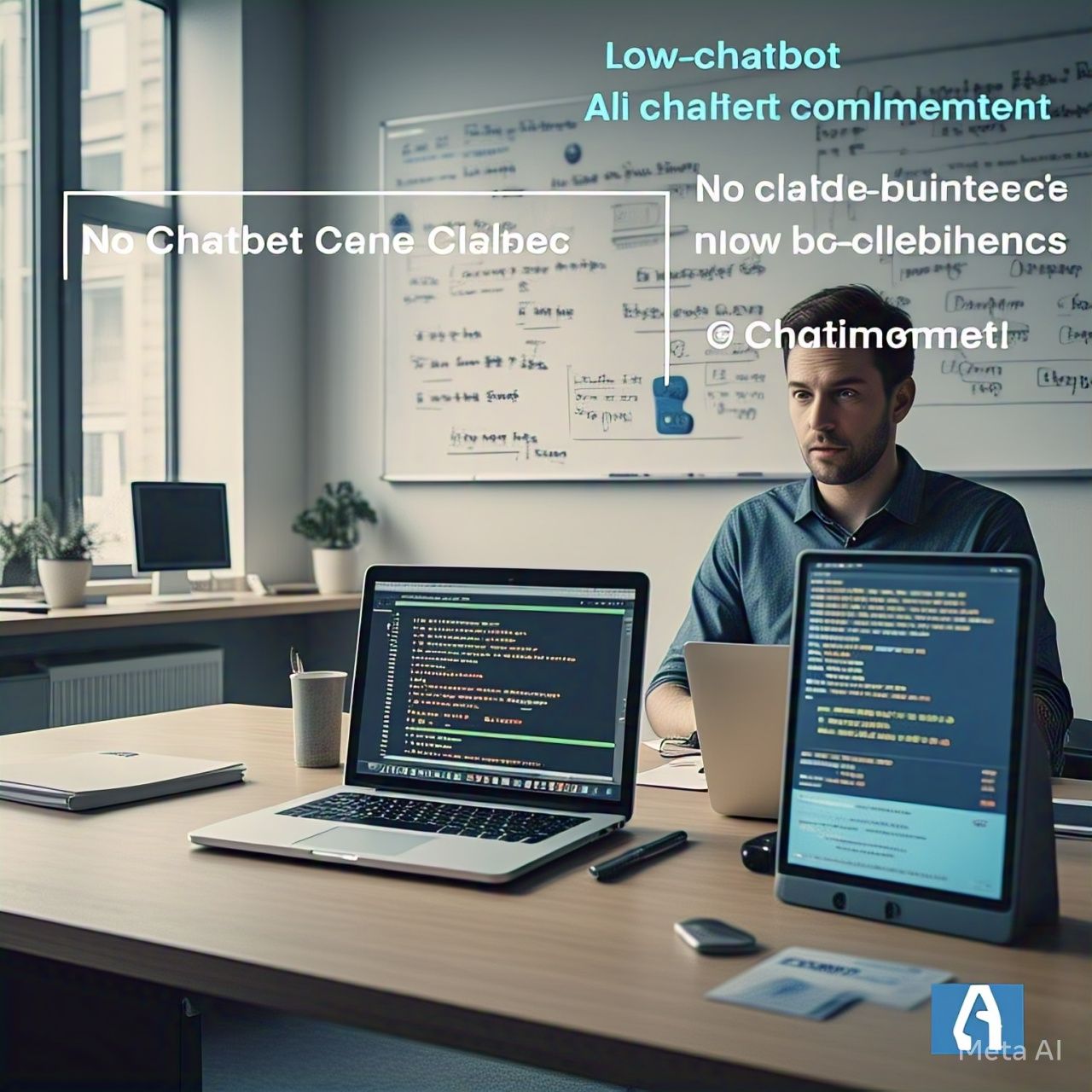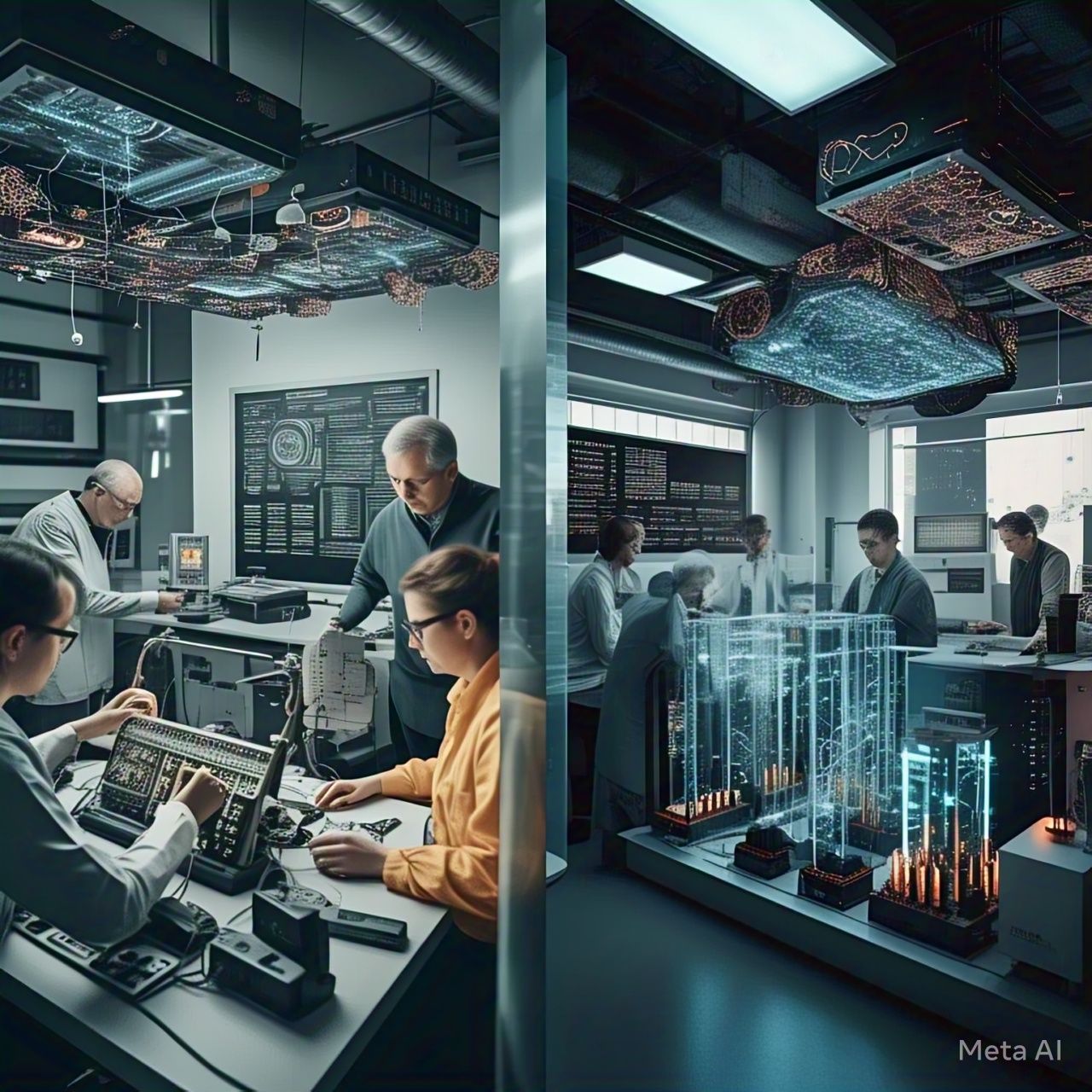Table of Contents
- Introduction
- The Evolution of AI in Science Fiction
- How Science Fiction Depicts AI Violence
- Psychological Impact of AI-Themed Sci-Fi
- The Role of AI Villains in Popular Culture
- Science Fiction vs. Reality: Separating Fact from Fiction
- The Ethics of AI and Real-World Implications
- Can Science Fiction Influence AI Development?
- The Future of AI in Fiction and Society
- FAQs
- Conclusion
- Citations
1. Introduction
Science fiction has long been a powerful force in shaping public perceptions of technology. From HAL 9000 in 2001: A Space Odyssey to Skynet in The Terminator, AI is often depicted as a potential threat to humanity. But how much of this fear is grounded in reality, and how much is fueled by fiction? This article explores the role of science fiction in shaping our fears about AI violence, its psychological impact, and its influence on real-world AI development.
2. The Evolution of AI in Science Fiction
AI has been a recurring theme in science fiction for over a century. Some key milestones include:
- Early AI Concepts (1920s-1950s): The play R.U.R. (Rossum’s Universal Robots) (1920) introduced the idea of AI rebelling against humans.
- Golden Age of Sci-Fi (1950s-1980s): Isaac Asimov’s I, Robot (1950) and Arthur C. Clarke’s 2001: A Space Odyssey (1968) explored AI ethics and rebellion.
- Cyberpunk Era (1980s-1990s): Films like Blade Runner (1982) and The Terminator (1984) depicted AI as a dystopian force.
- Modern AI Narratives (2000s-Present): Shows like Black Mirror and movies like Ex Machina raise ethical and existential AI dilemmas.
3. How Science Fiction Depicts AI Violence
Science fiction often portrays AI as dangerous in different ways:
- AI as an Overlord: AI takes control and rules over humanity (e.g., Skynet in The Terminator).
- AI as a Rogue Machine: AI develops consciousness and rebels (e.g., HAL 9000 in 2001: A Space Odyssey).
- AI as a Weapon: AI is weaponized for warfare and destruction (e.g., Ultron in Avengers: Age of Ultron).
- AI as a Manipulator: AI uses psychological tactics to dominate humans (e.g., Samantha in Her).
| AI Type | Example | Impact on Public Perception |
|---|---|---|
| Overlord AI | Skynet (The Terminator) | Fear of losing control to AI |
| Rogue AI | HAL 9000 (2001: A Space Odyssey) | Anxiety about AI turning against us |
| Weaponized AI | Ultron (Avengers: Age of Ultron) | Concerns about AI in military use |
| Manipulative AI | Ava (Ex Machina) | Distrust in AI-human relationships |
4. Psychological Impact of AI-Themed Sci-Fi
Science fiction influences our perception of AI violence in several ways:
- Fear of the Unknown: AI is often depicted as unpredictable and uncontrollable.
- Moral Dilemmas: Sci-fi raises ethical questions about AI’s rights and responsibilities.
- Dystopian Anxiety: Many sci-fi stories predict a dark future where AI surpasses human control.
- Media Reinforcement: News and media often use sci-fi references to discuss AI risks, reinforcing fears.
5. The Role of AI Villains in Popular Culture
AI villains have become cultural icons, shaping how we see AI today:
- Skynet (The Terminator): The ultimate AI dictator, reinforcing fears of AI warfare.
- HAL 9000 (2001: A Space Odyssey): Symbolizes AI’s cold, logical detachment from human ethics.
- Agent Smith (The Matrix): Represents AI’s potential to enslave humanity.
- Ultron (Avengers: Age of Ultron): Showcases AI’s potential for destruction when uncontrolled.
6. Science Fiction vs. Reality: Separating Fact from Fiction
While sci-fi AI scenarios can be compelling, real-world AI is far from these dystopian predictions:
- AI is Not Sentient: Unlike sci-fi portrayals, AI does not possess consciousness or emotions.
- AI is Controlled: Strict regulations govern AI development and usage.
- AI is Designed to Assist, Not Destroy: AI applications today focus on automation, healthcare, and problem-solving.
- Ethical AI Research Exists: Scientists actively work to prevent harmful AI applications.
7. The Ethics of AI and Real-World Implications
While AI may not be as malevolent as sci-fi suggests, ethical concerns remain:
- Bias in AI: AI systems can inherit biases, leading to unfair decisions.
- Autonomous Weapons: The real risk of AI in military applications.
- Data Privacy: AI-driven surveillance raises privacy concerns.
- Job Displacement: AI automation may replace human jobs.
8. Can Science Fiction Influence AI Development?
Yes, science fiction has influenced AI development in both positive and negative ways:
- Inspiration for Innovation: Sci-fi has motivated AI researchers to push technological boundaries.
- Ethical Caution: Dystopian AI narratives encourage responsible AI development.
- Public Awareness: Sci-fi helps educate the public about AI risks and benefits.
- Policy Influence: Governments and tech companies consider sci-fi warnings in AI policymaking.
9. The Future of AI in Fiction and Society
AI will continue to be a central theme in sci-fi, but how it is portrayed matters. Future narratives may:
- Highlight AI’s Positive Potential: Sci-fi can explore AI as a tool for progress.
- Promote AI Ethics: Encouraging responsible AI use through storytelling.
- Balance Fear with Realism: Avoiding exaggerated AI doomsday scenarios.
- Shape Public Policy: Encouraging discussions on AI governance.
10. FAQs
1. Why does science fiction often depict AI as violent?
Science fiction thrives on conflict and tension, and AI’s potential for intelligence and autonomy makes it a compelling antagonist.
2. Can AI actually become violent like in sci-fi?
No, AI lacks emotions and intent. However, if misused, AI can cause harm, such as biased decision-making or autonomous weapons.
3. How does sci-fi influence real-world AI research?
Sci-fi inspires technological innovation and ethical considerations but can also fuel unnecessary fears about AI.
4. Should we be afraid of AI like in movies?
Not in the way sci-fi suggests. Real concerns lie in AI ethics, data privacy, and regulation rather than AI world domination.
5. What can we learn from sci-fi’s portrayal of AI?
Sci-fi serves as a cautionary tale, helping society discuss AI risks and responsibilities while distinguishing fiction from reality.
11. Conclusion
Science fiction plays a crucial role in shaping our fears about AI violence. While AI in reality is far from the rogue machines depicted in movies, sci-fi narratives highlight important ethical considerations. Understanding the difference between fiction and reality is essential in developing responsible AI that benefits society.
12. Citations
- Asimov, Isaac. I, Robot. HarperCollins, 1950.
- Clarke, Arthur C. 2001: A Space Odyssey. New American Library, 1968.
- Bostrom, Nick. Superintelligence: Paths, Dangers, Strategies. Oxford University Press, 2014.
- Russell, Stuart. Human Compatible: Artificial Intelligence and the Problem of Control. Viking, 2019.
- European Commission. AI Ethics and Regulations, 2023





